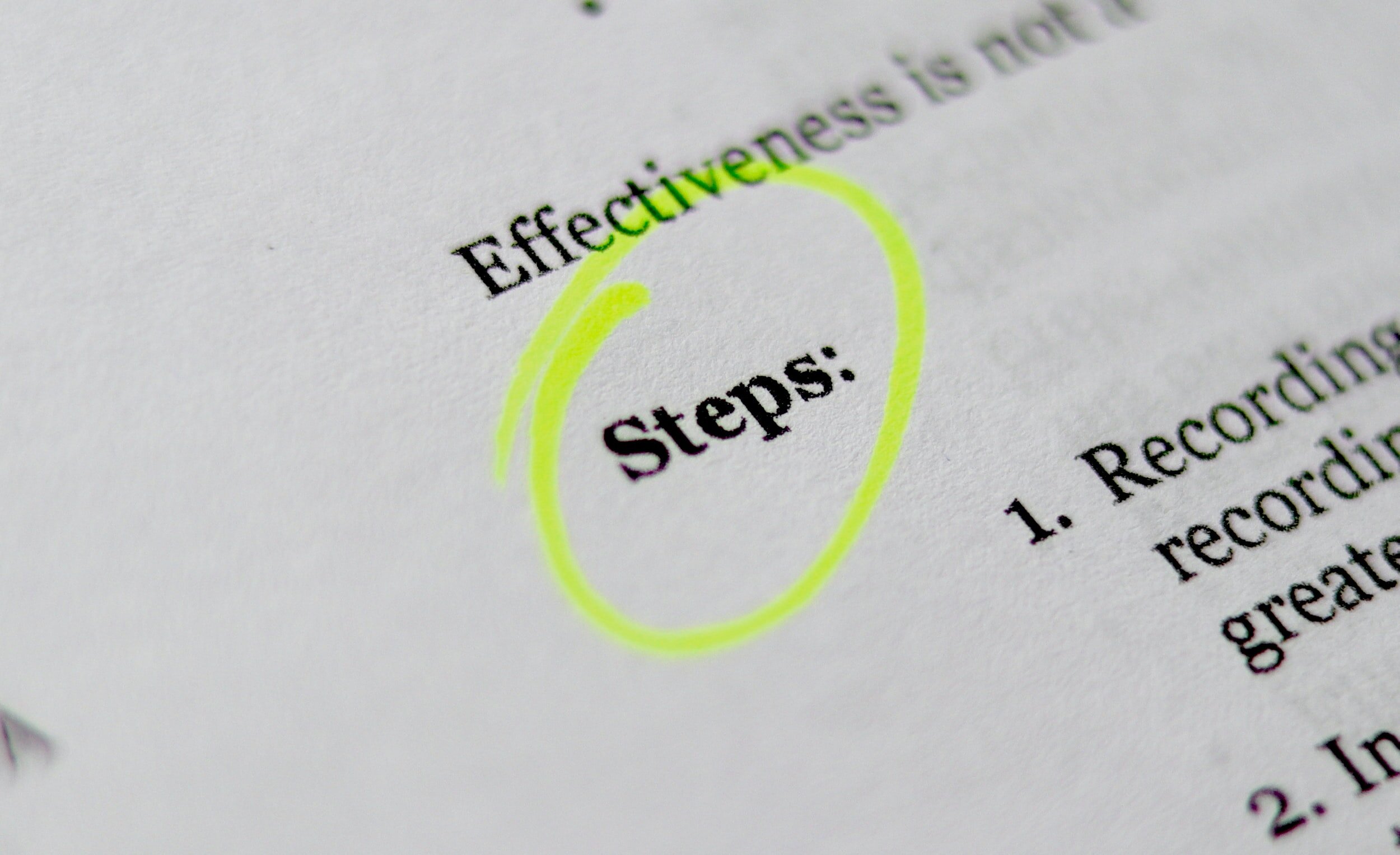Emotional Intelligence & The Business Analyst
/In a study of skills that distinguish star performers in every field from entry-level jobs to executive positions, the single most important factor was not IQ, advanced degrees, or technical experience, it was EQ. Of the competencies required for excellence in performance, 67% were emotional competencies — Daniel Goleman.
How do you respond to stakeholders and team members in stressful situations? Do you control your emotions and attempt to resolve the situation? Do you lose your temper or rein it in?
An emotionally intelligent BA has strong decision-making skills and is able to lead and motivate others. He or she is able to:
Manage stressful situations
Curtail emotions before they take over
Empathize and connect emotionally with others
Use humour and play to ensure a positive outcome in stakeholder interactions
Manage conflict and clear confusion
Understand and navigate through workplace politics
Understand how his actions affect other people.
Business Analysis, like most professions is fraught with moments of uncertainty, anxiety, fear and all sorts of emotions, both positive and negative. We often have to deal with stakeholders who at one point or the other express feelings of project-related frustration and unmet desires. The ability to manage one's emotions and that of others is necessary to become a mature Business Analyst.
Emotional Intelligence is about identifying and understanding other people's emotions with the objective of channelling these emotions towards a positive outcome. A person with high emotional intelligence is able to decipher his emotions as well as that of others to help him form healthy working relationships.
There are 4 key components of emotional intelligence.
Self-Awareness – You understand your emotions. You know when your emotions are about to run wild and are able to predict your natural response. Self-awareness comes from understanding your strengths and weaknesses and how they affect your behaviour.
Self-Management – After self-awareness comes the ability to keep your emotions in check while projecting a rational stance. Self-management ensures that you are able to control your feelings, manage your emotions and adapt to whatever circumstances come your way.
Social Awareness – You understand the emotions and concerns of others (show empathy), you feel comfortable socially and you recognize power dynamics.
Relationship Management – You know how to develop and maintain relationships, inspire others and manage conflict.
It is very important to understand that emotional intelligence is not the opposite of intelligence, it is not the triumph of heart over head — it is the unique intersection of both — David Caruso.
Emotional intelligence (EQ) should form a key part of every BA's personal development plan as it can help in navigating through political barbwires and interpersonal hurdles. Business Analysts are often called upon to lead teams of varying sizes to achieve business objectives. Emotional intelligence is what separates good leaders from great ones.











Transporting hazardous liquids is a critical operation across industries like chemicals, mining, and agriculture. With growing demand and increasing emphasis on sustainability, businesses are facing heightened challenges and responsibilities in 2025